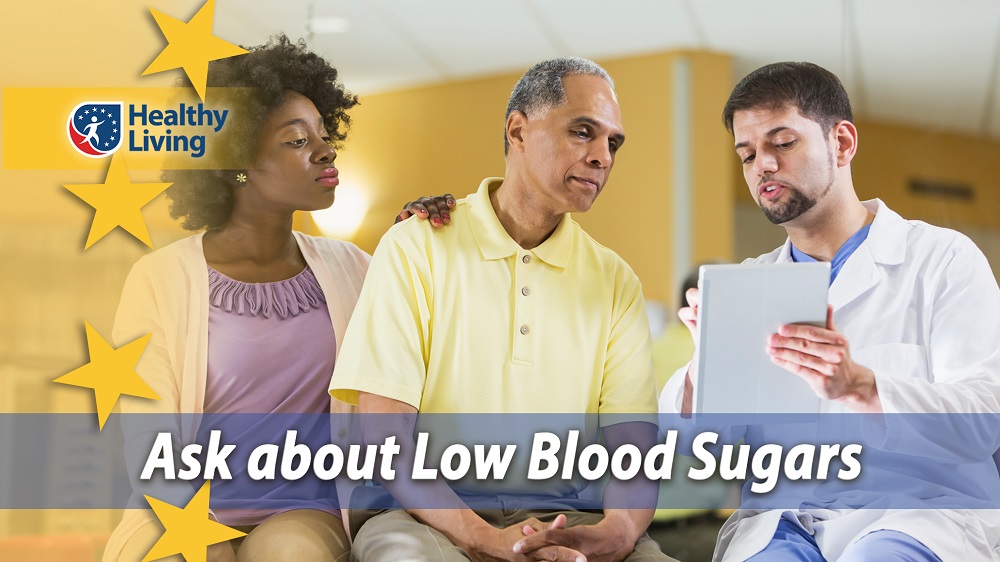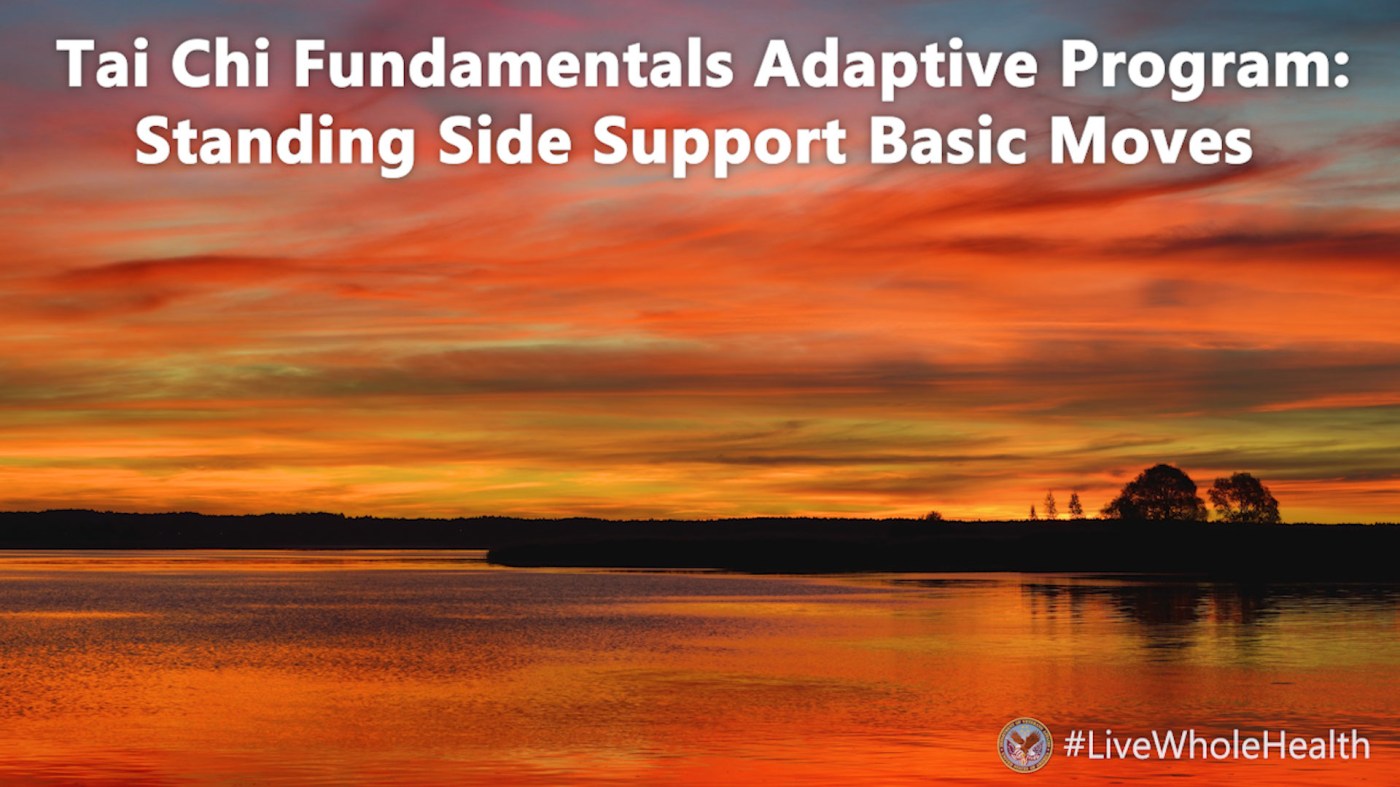Since November is National Diabetes Month, let’s talk about low blood sugar.
Prevention of low blood sugar is a public health issue of national importance. Among older Americans, medications that can cause low blood sugar are associated with more emergency room visits than all but two other high-risk medications. VHA is asking you to take a moment to learn about low blood sugar and assist us in getting the word out.
Hypoglycemia (the medical term for low blood sugar) can happen to anyone but most frequently happens to people with diabetes who miss a meal, are more active than usual, or have challenges managing their diabetes medications.
Some statistics for you: More than 12 million older Americans have diabetes and about one in four Veterans (1.5 million) enrolled for VHA care has diabetes. Seven in 10 of all Veterans with diabetes are 65 years or older. Three out of 10 Veterans with diabetes use insulin and insulin users have the highest rates of hypoglycemia.
Symptoms of low blood sugar include trembling, feeling nervous or jittery, or breaking out in a cold sweat. Your head and/or stomach may start to hurt, and your heartbeat may be fast or pounding. If your blood sugar continues to fall, you may have mood changes, such as irritability, anxiety, restlessness, anger, or confusion.
Severe symptoms include dizziness, visual problems, blackouts and potentially, coma. You can see how low blood sugar can be a serious health risk to people with diabetes, and also a potential danger to others.
Veterans and providers can work together to develop a personalized diabetes care plan and determine safe blood glucose targets. These targets should not be too rigid so as to avoid low blood sugar. The personal diabetes care plan, tailored to fit each Veteran’s needs and preferences, will help them stay healthy—and it will help save lives. Shared decision-making increases patient satisfaction and treatment “buy-in,” and improves treatment adherence.
VHA strongly encourages Veterans to take charge of their care and recommends shared decision-making as the best way to get a plan that sets patients on the right course.
VHA’s Choosing Wisely (CW) Hypoglycemia Safety Initiative (HSI) task force is promoting patient-centric care through shared decision-making. This National Diabetes Month, the task force is urging patients with diabetes to avoid low blood sugar.
“Tight control” of blood sugar is not recommended for individuals who are at risk for low blood sugar or for seniors with multiple chronic medical conditions who would not benefit from tight control. That’s our message, please pass it on. Thank you.
Author: Dr. Carolyn Clancy, Executive in Charge, Veterans Health Administration (VHA)
Topics in this story
More Stories
After Addison’s Disease and lumbar spine surgery, nurse Veteran Gayle Smith re-learned how to ski. “You have more courage than you think.”
Follow these 10 winter safety tips to stay warm, safe and protected during the cold winter.
Forget 'No Pain, No Gain'—try 'No Pain, More Gain' with Tai Chi! Calm the mind and gift yourself well-being in this week's #LiveWholeHealth practice.







